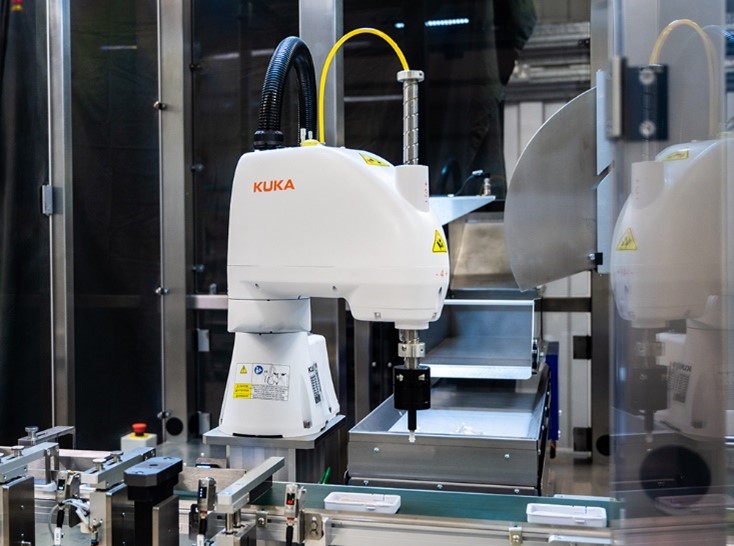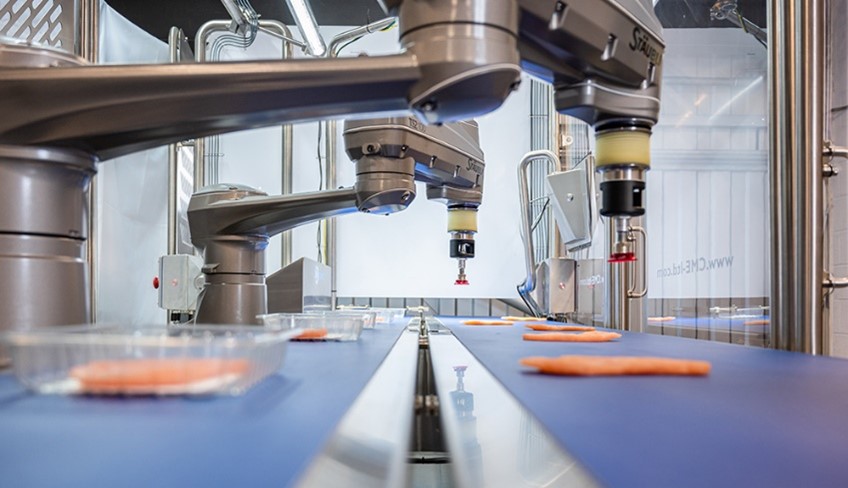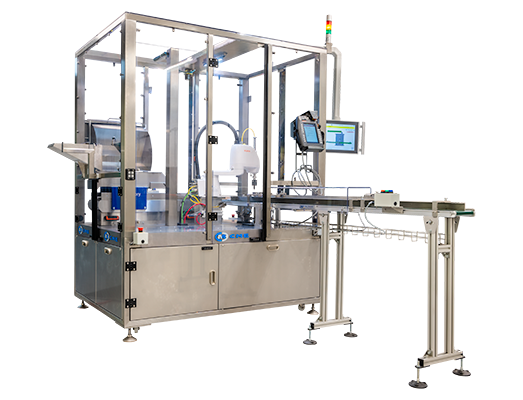Automation in its many forms has been part of the manufacturing infrastructure for some time now. There is little doubt that these existing systems have, over the years, not only produced thousands if not millions of parts, but probably paid for themselves many times over.
Although these legacy systems may continue to run, they are likely to require increased levels of maintenance which affects productivity, and there is also a strong possibility that some elements of these system will eventually become obsolete. The question then is whether it is cost effective to try and upgrade the system in part using newer technology to keep it running – the “make do and mend” philosophy, or whether the time is right to invest in an altogether new system.
The limitations of existing technology can begin to show in a number of ways. Connectivity between processes and machines, driven by Industry 4.0, is becoming increasingly important within today’s manufacturing environment. Older systems, whilst designed around the latest technologies available at the time, will generally lack the software, wireless sensors and other digital technologies required to operate within a Smart Factory environment.
The drivers for new investment will of course differ from company to company and market to market. For those involved in high compliance sectors such as medical and pharmaceutical, ever increasing regulatory standards, relating to manufacturing processes and traceability, often mean that the latest technologies are essential to ensure adherence to current standards. For others, the influencing factors may include the need for greater flexibility to produce smaller batch sizes of a larger number of product variants, or simply the need to have a system which is somewhat future proofed for ongoing and planned product developments.

The greater flexibility provided by robots is one of the key drivers for investment
The use of robot systems and other programmable devices, as part of a fully automated manufacturing system, helps to achieve the highest levels of flexibility. Their ability to adapt to changing production needs, through the use of machine vision, sensors, or connectivity with other technologies and factory MES systems, means that they are able to automatically select the correct programme, change tools or end effectors and perform the tasks needed for that particular product variant.

High compliance sectors are taking advantage of the latest technologies to ensure adherence to increasingly stringent regulatory standards
For many manufacturers today, the traditional concept of a production facility dedicated to a specific range of products is no longer appropriate. Instead, concepts are evolving around modular and much more flexible production cells, which may be linked by conveyor systems, or serviced by a combination of AGV or other autonomous vehicles, and a new generation of mobile robots.
The challenges on efficiency, productivity and reliability for manufacturers who continue with the “make do and mend” philosophy can only continue to increase as their existing technologies fall further behind as each year passes. There will eventually come a point where either the system is incapable of producing the next generation product or, as a result of inefficiencies and other restrictions brought about by the limitations of the technologies used, the cost to manufacture will be prohibitive.
It is already widely recognised that the UK lags behind other comparable nations in terms of the level of automation, and the number of robots deployed within our manufacturing base. This makes it even more important that the automation we do have is capable of meeting not only the demands of today but also addressing the manufacturing challenges of tomorrow. This will only be possible if the legacy systems still in use today are replaced with latest generation systems and technologies.
With experience across a number of manufacturing sectors including Pharmaceutical, Medical Life-Sciences, Food, Beverage, Confectionery, Tobacco and Legal Cannabis, Somerset based CME Limited has developed a range of flexible automation solutions for both UK and International customers. The team at CME are always happy to discuss how their technologies can enhance manufacturing processes to deliver the highest levels of both flexibility and productivity.

Robotic Pre Roll Packing






